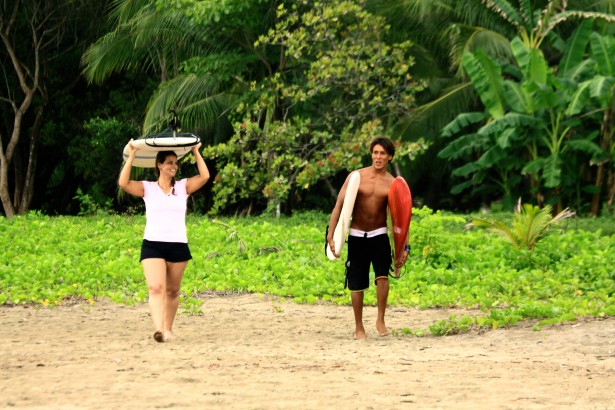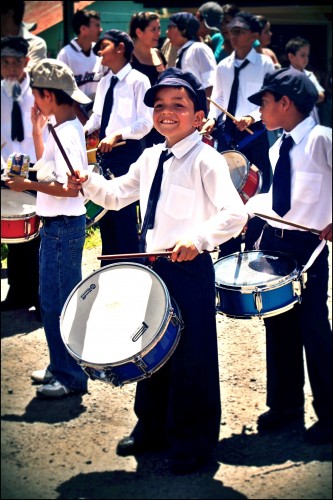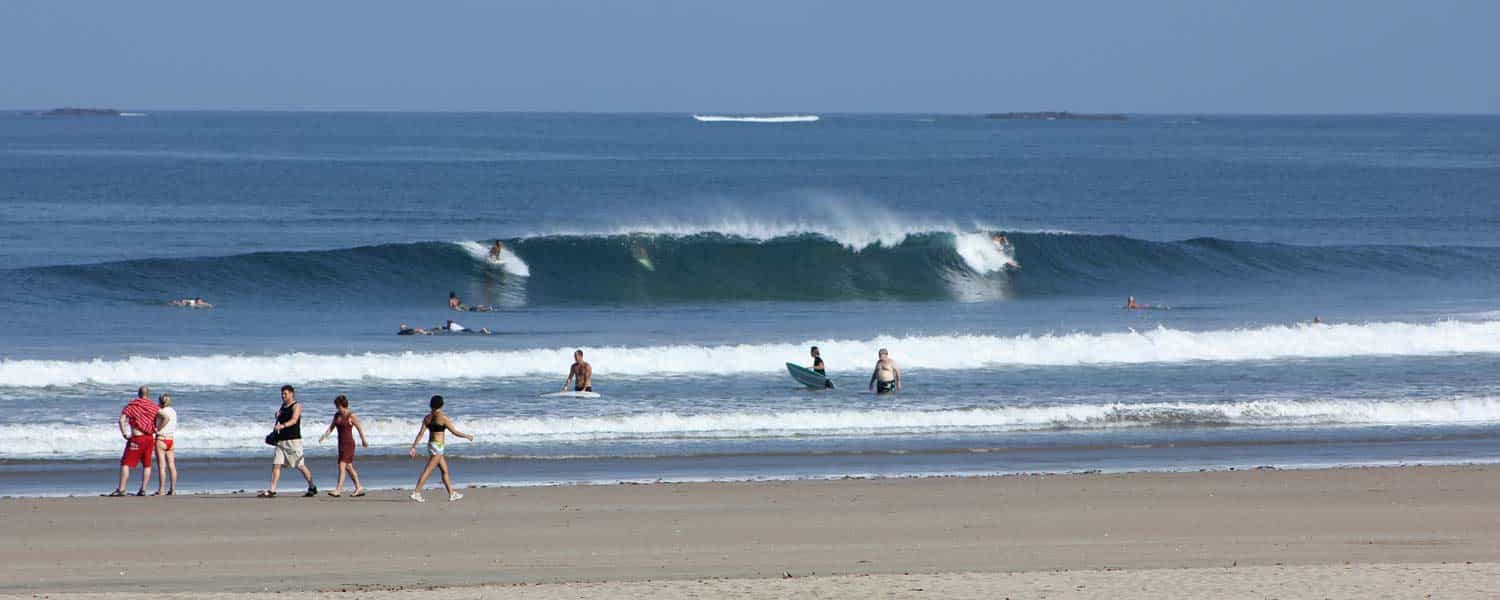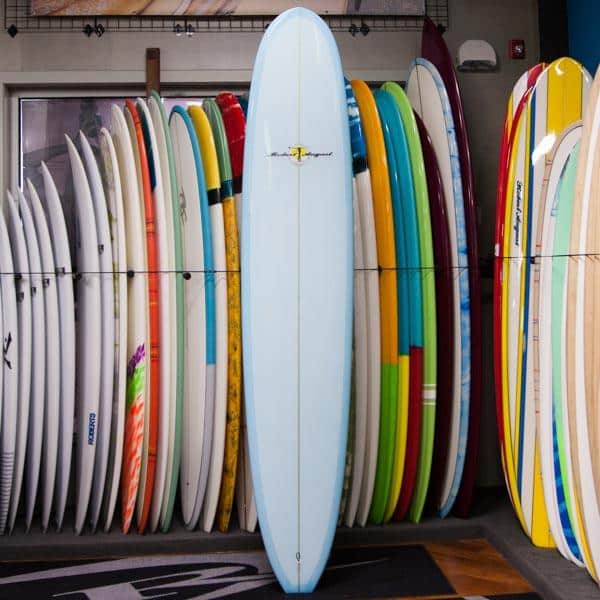
Have you ever noticed that a lot of people seem to have an over-generalized understanding of Latin American culture? Like when person A says, “… most of last year I was in Costa Rica surfing and studying spanish…”, to which person B will respond, “Great! I’ve always wanted to travel to Peru or Guatamala…” It’s as if all of Latin America blends together by being spanish speaking, which is weird because
in my experience, it’s the spanish speaking in a particular Latin American country that can really make it unique. In other words, the spanish in one Central American country is often very different from another Central American country, and it’s often these linguistic differences that lend it a distinct character. Of course I learned all of this the hard way back in 2004 when I brought my construction site mexican spanish to Tamarindo and had to learn very quickly to drop it like a bad habit. Ticos have a lingo all their own. Just because I learned the hard way doesn’t mean that you do too. Here’s what I’m talking about… “Como esta usted?” One of the things that makes Tico spanish unique is the degree of formality used on a daily basis between not just strangers , but also friends. Tico spanish makes use mainly of the ‘usted’ and ‘vosotros’ voices and rarely will you hear even a mother address her children with the informal ‘tu’ form. This can be tricky if you are accustomed to conjugating your verbs and structuring your conversations around ‘tu’ as is common in Mexico and some other countries. Incorporating ‘usted’ and ‘vos’ into your vocab is a bit of extra work, requires a bit more planning, and until you get used to it can seem awkward. But it’s worth it because in Costa Rica, unless you make an effort to adapt to the formality, your spanish will stand out in a slightly rude kind of way. Tico spanish is polite and clean in this respect, and contrasts greatly with almost any version of mexican spanish. “Mucho, mucho gusto!” Along these lines of formality, another aspect of Tico spanish that is quite obviously different is the typical ‘thank you, your welcome’ exchange. Most folks know the traditional ‘de nada’, which means ‘for nothing’ or ‘you’re welcome’, as it’s probably the most common response to ‘gracias’ across the board. But you won’t hear this in Costa Rica very often. Instead, some variant of ‘mucho gusto’, which basically means ‘my pleasure’, is used almost exclusively. Any Tico will understand ‘de nada’, but in line with the formality observed across the culture, you just won’t hear it used.

Pura vida in its purest form.
“Pura Vida” This is a big one, and a discussion of Pura Vida really could constitute a volume all of its own. For my purpose, let’s consider it as a broad spectrum catch phrase of the Tico culture. Pura Vida can be used in a multitude of situations and it’s always a positive, motivating phrase. Simply by being in Costa Rica, one will gradually pick up the nuance of how it’s used. But what’s important to know is that it replaces a lot of spanish phrases from other parts of latin america that simply aren’t used in Costa. If you’re used to using phrases like ‘andale’, ‘dale pues’ or ‘orale’, you might want to just use Pura Vida instead. In my experience, phrases that you learn are common and acceptable in places like Mexico are actually mildly offensive in Costa Rica. It goes back to the formality and respect thing. I think that all in all learning the dialect, accent, and vocabulary of a country is part of the fun and adventure of being there. If you are genuinley willing to learn people will be happy to give you a tip, teach you something new, or correct a mistake that you’re making. People appreciate when you are making an effort to learn about the culture of the country you’re in. A smile and good attitude go a long way and it’s pretty rewarding when you find yourself on the level with someone rather that at odds with them over your use of language. Trust me on that one…






